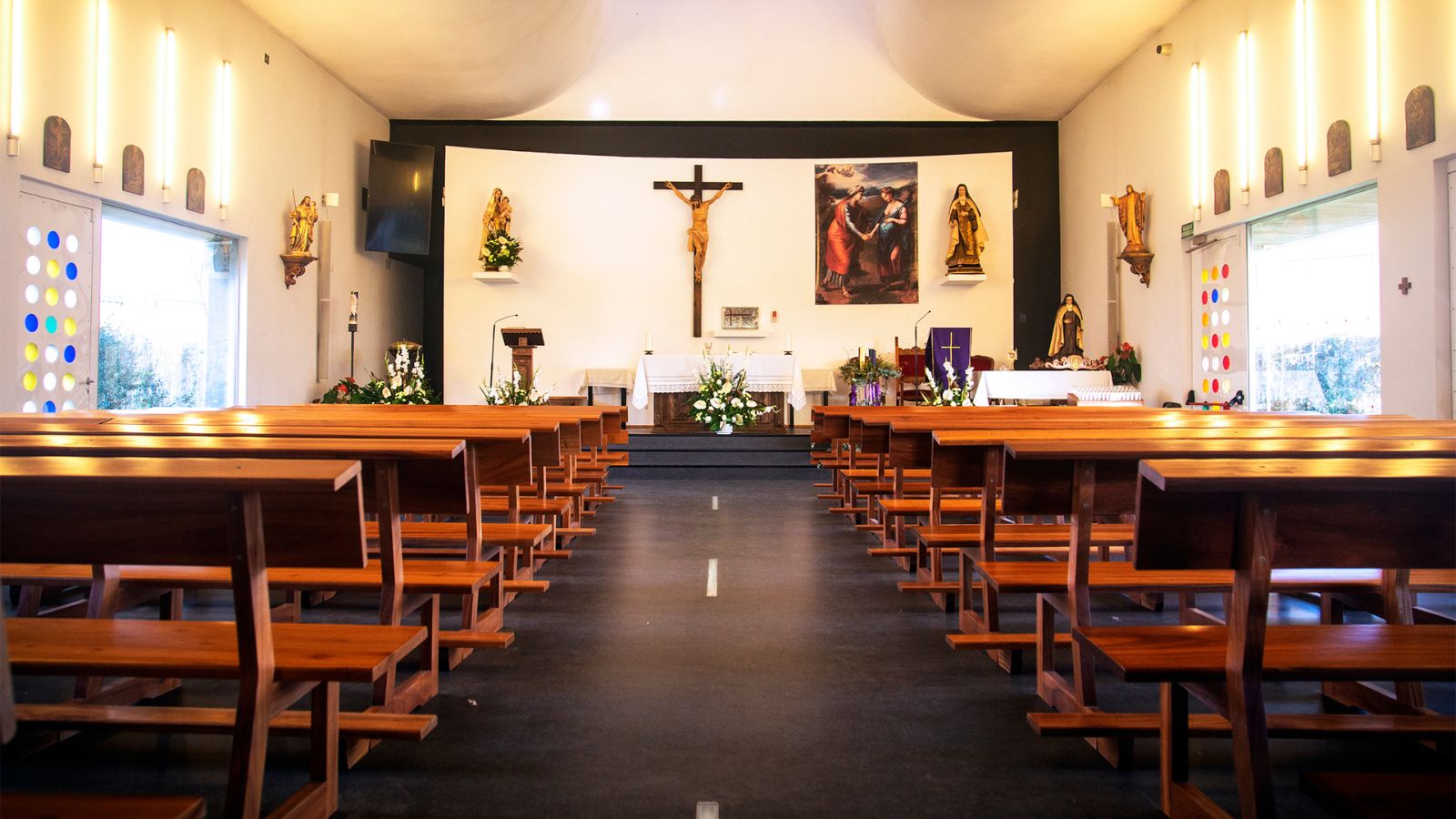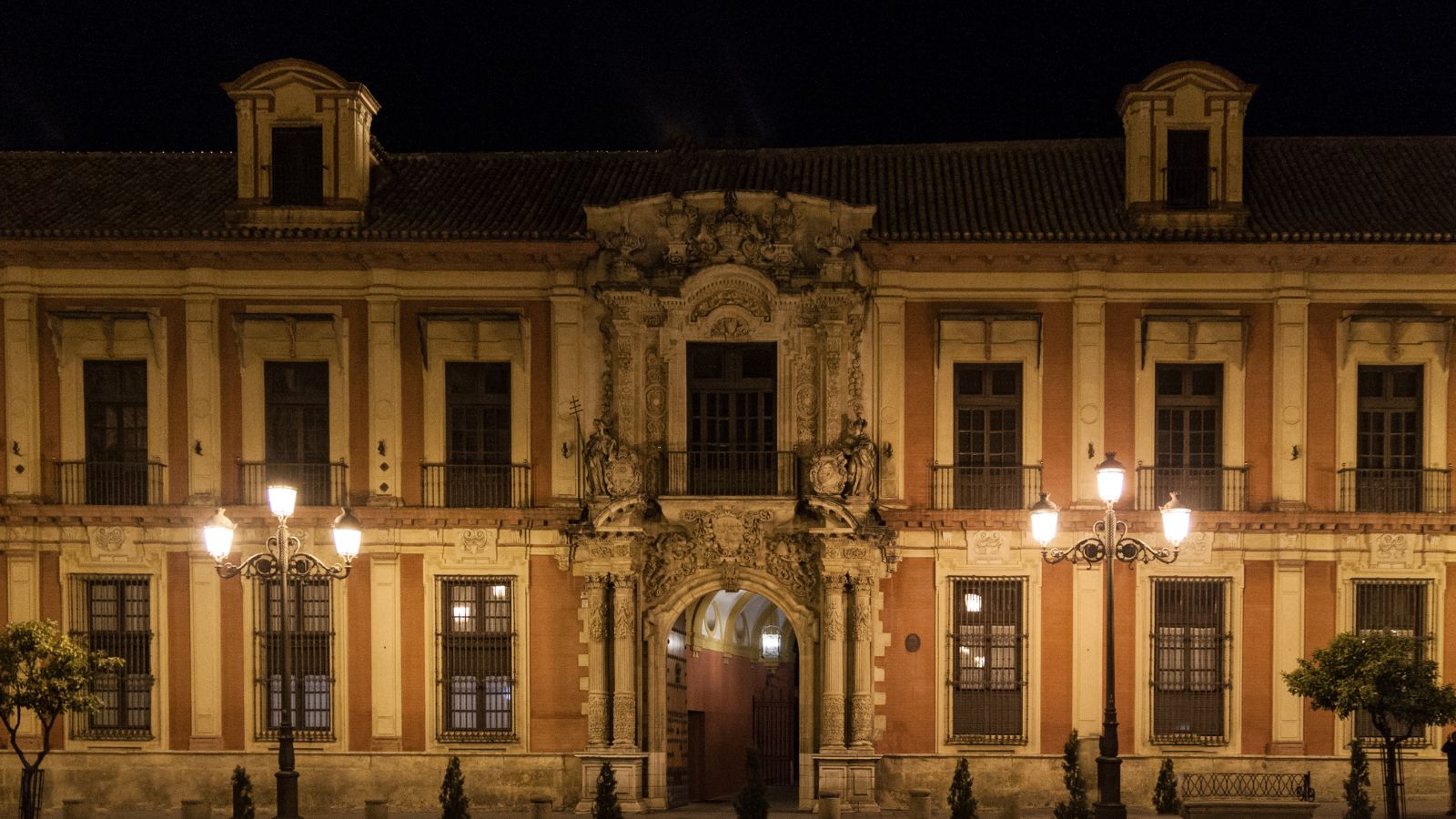Delving into the heart of local governance, we find the humble yet significant entity known as the parish council. These grassroots organisations serve as the voice of local communities, bridging the gap between residents and higher tiers of government.
Parish councils are the unsung heroes of democracy, working tirelessly to improve the quality of life in their respective regions. They’re involved in everything from planning and highways to playing fields and community safety.
Parish Counsil
The role of a parish council lies in its capability of governing at a local level and imparting the views of their community. They serve as essential grassroots organisations, operating at the closest level to their resident communities.
The Composition and Structure
Every parish council comprises elected councillors and maintained by a clerk. They follow a structured hierarchy and regulate a span varying from 5 to over 20 members. The number varies, contingent on the population of the parish. In England, there exist around 10,000 parish councils.
An example to illustrate the composition – the clerk, the individual at the hub of the parish council, operates as an administrator and advisor. He’s responsible for the management of all meetings and effectively communicating the decisions of the council to relevant individuals or bodies.
The councillors, who are elected by local residents, form the core body of the council. Their term corresponds with the local government electoral cycle, typically four years. If vacancies arise, by-elections take place or, in some instances, co-option may occur.
 The Importance of Parish Councils in Local Governance
The Importance of Parish Councils in Local Governance
Parish councils play a central role in local governance, owing to their capacity to influence significant aspects of community development.
Enhancing Community Engagement
Parish councils foster community engagement by organising various activities, events, and initiatives. Councillors, as elected representatives of the community, routinely interact with the locals, solicit their feedback, and take necessary actions to address their concerns. For instance, parish councils often oversee initiatives focused on environmental conservation, like planting trees or setting up recycling facilities, particularly gathering local support and participation. In the process, communities gain a sense of ownership over their locality and a voice in how it’s developed and maintained.
Facilitating Local Decision Making
Another distinctive role of parish councils lies in their ability to facilitate local decision-making processes. They offer a democratic platform where locals can voice their opinions, proposing changes, or raising issues concerning community welfare. Parish councils have the power to influence planning decisions, with their decisions bearing considerable weight in policy-making processes at a higher level. For example, if a local authority is considering building a new shopping center in a residential area, the parish council, after consulting the locals, might argue against the idea due to the potential increase in traffic or noise levels. In this manner, parish councils ensure that the locals’ interests and perspectives form a significant part of governance and policy decisions.
 Effective Practices for Parish Council Meetings
Effective Practices for Parish Council Meetings
Agenda Setting and Transparency
Preparing a clear, comprehensive agenda emerges as the foremost practice in conducting effective Parish Council meetings. A detailed agenda maps out the discussion topics and leads to structured meetings. It aids attendees in understanding the issues to be discussed, prepares them to ask questions, and facilitates informed decision-making. The power of a well-planned agenda, however, hinges on transparency.
Transparency signifies open proceedings and dissemination of information for public scrutiny. Parish councils achieve it by posting meeting agendas and minutes online, exemplified by Hartfield Parish Council and North Hinksey Parish Council, who update their websites regularly. Even more, transparency extends to discourses around financial decisions of the council. Displaying revenue-expenditure details routinely, just as Swindon Parish Council does, presents a perfect instance of a transparent practice. Such openness boosts public trust and engagement, qualifying as an essential factor for effective parish council meetings.